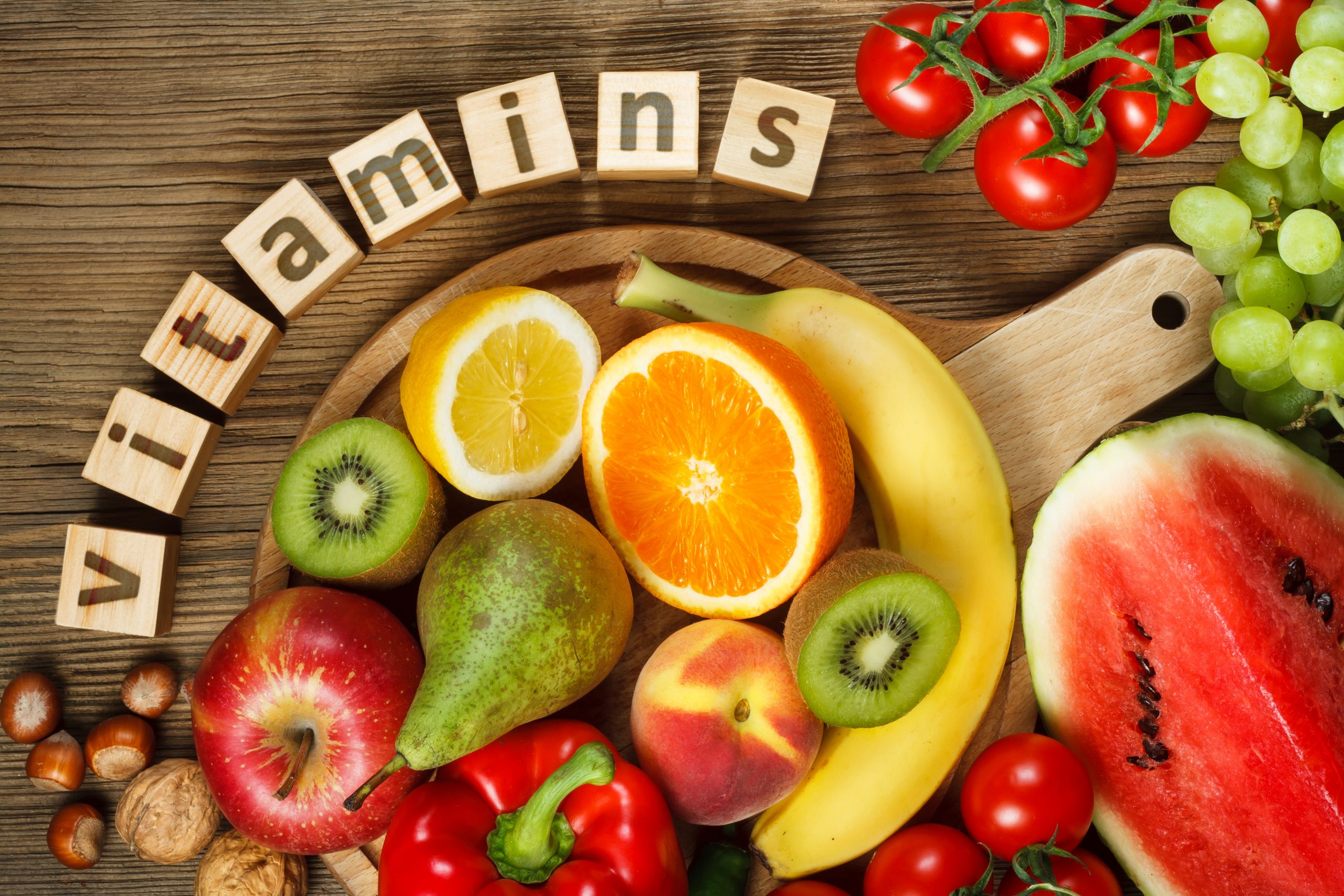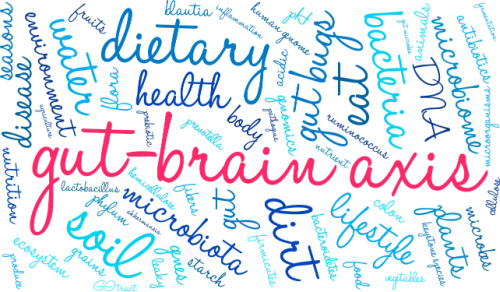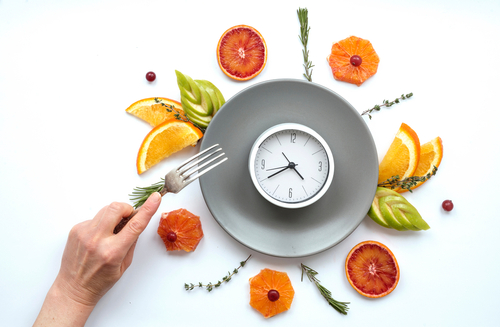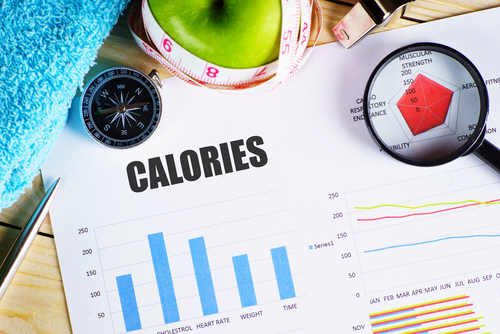WORDS LIM TECK CHOON
Data from a recent study conducted by Singaporean researchers suggests that multivitamin supplements that contain folic acid and iodine may be beneficial to women that are planning and hoping to conceive a child.
WHAT THE STUDY DID
The investigators interviewed 908 women between 18 and 45 years old that were trying to conceive. These women were enrolled in the Singapore PREconception Study of long-Term maternal and child Outcomes (S-PRESTO).
As an aside, S-PRESTO is a large-scale study on the effects of nutrition, lifestyle, and maternal mood prior to and during pregnancy on the effects of the baby’s genetic materials and the presence clinically important outcomes of the pregnancy. This study is beyond the scope of this article, though!
Back to this study, the investigators were interested in 2 things:
- Fecundity, or the measure of the chances of successful pregnancy
- Time to pregnancy, or the time between the first moment when the woman tries to conceive and the time of successful conception
WHAT THE INVESTIGATORS FOUND
- Multivitamins containing folic acid and iodine improve the success rate of having a baby when compared to those that do not take these supplements.
- These multivitamins also are linked to shorter time to pregnancy.
- Vitamins D and E do not show any significant improvements to pregnancy success rate and time to pregnancy.
- On the other hand, consumption of evening primrose oil is linked to lower pregnancy success rate and slightly longer time to pregnancy, compared to those that do not take this supplement.
WHY FOLIC ACID?
Folic acid, or vitamin B9, plays a role in breaking down and reducing the levels of an amino acid called homocysteine in the body.
High levels of homocysteine can cause effects that can affect fertility, such as increasing the ageing rate of a woman’s eggs and triggering the death of trophoblasts, which are cells of the outer layer of the developing embryo that helps it to attach to the woman’s endometrium for further development, protect the embryo, and eventually form the placenta.
Hence, by reducing the effects of high levels of homocysteine, folic acid can help improve the chances of a successful pregnancy.
HOW ABOUT IODINE?
Past tests on animals suggested that iodine can help improve the regulation of ovulation, increase the odds of a successful fertilization of an egg by a sperm cell following sexual intercourse, and promote successful implantation of the fertilized egg into the endometrium of the woman for further development.
Iodine also plays an important role in the development of nerve and brain cells of the foetus.
HOWEVER, SOME POINTS TO NOTE BEFORE YOU RUSH TO THE PHARMACY!
The investigators noted that more research is needed before we can make any conclusive statements about the effects of folic acid and iodine on one’s hopes of a successful pregnancy.
For example, their study did not measure the exact amounts of these nutrients that will work best on a woman hoping to conceive, and more research would be needed to determine whether their results can be replicated.
However, they believed that women trying to conceive could potentially benefit from taking multivitamin supplements containing these two nutrients, when this is also done in conjunction with other beneficial lifestyle modifications such as being physically active and cutting down on smoking and alcohol intake.
Reference: Ku, C. W., Ku, C. O., Tay, L. P. C., Xing, H. K., Cheung, Y. B., Godfrey, K. M., Colega, M. T., Teo, C., Tan, K. M. L., Chong, Y. S., Shek, L. P., Tan, K. H., Chan, S. Y., Lim, S. X., Chong, M. F., Yap, F., Chan, J. K. Y., & Loy, S. L. (2022). Dietary supplement intake and fecundability in a Singapore preconception cohort study. Nutrients, 14(23), 5110. https://doi.org/10.3390/nu14235110







